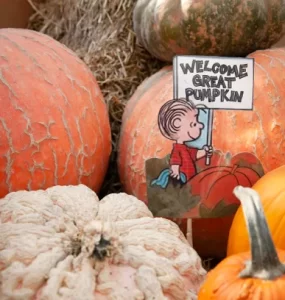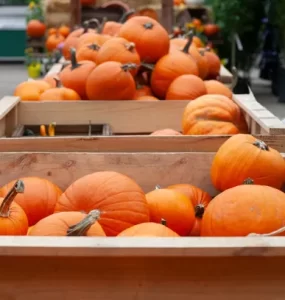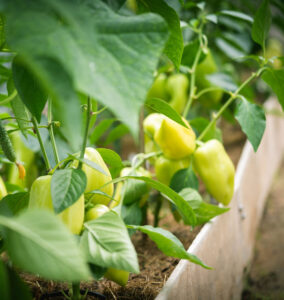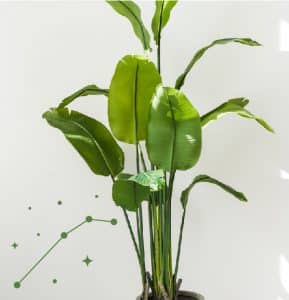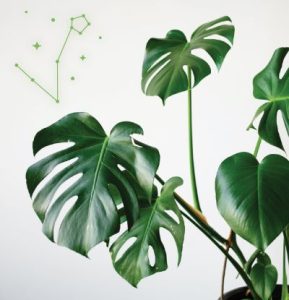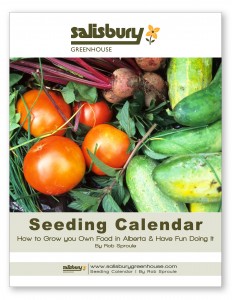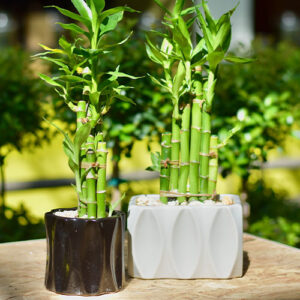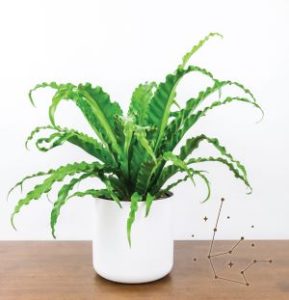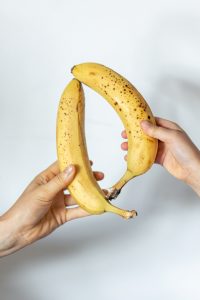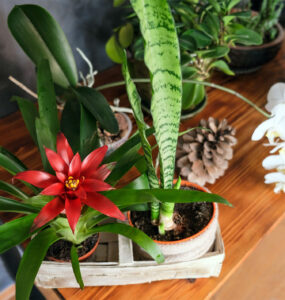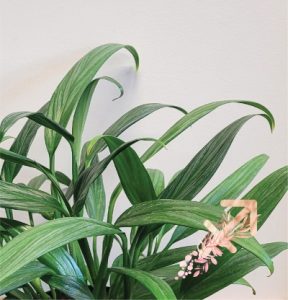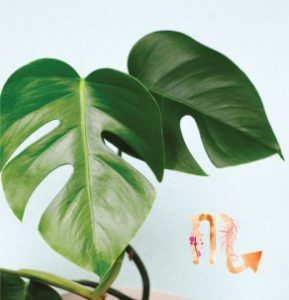Operation Fruit Rescue: Micro-Orchard
by Rob Sproule
The morning of September 13 had a crisp bite to it, and we pulled into the old McCauley public school with a van full of trees, notepads, a camera, and high hopes. We were expecting a tree planting, but we stumbled into a community of dedicated people brought together to make Edmonton’s future a little better. Few things are more inspiring than a group of enthusiastic people coming together for a common cause.
Mike Johnson, President of Operation Fruit Rescue Edmonton (OFRE) and a key project visionary, calls it the micro-orchard. There’s nothing micro about the vision. As one of the first public, urban orchards in Canada, it will serve as a classroom, species showpiece, an OFRE HQ for decades to come.
I chatted with Mike about the OFRE, the micro-orchard, and an optimistic future. The more he said, the more impressed I was that this is more than a bunch of friends planting fruit trees. This is a well-organized group, committed to their cause, unfolding an intricately thought out vision for the betterment of the city. I drove away from McCauley feeling a little better about this already great city.
Operation Fruit Rescue
Every fall, we see them by the thousands around Edmonton: unused apples lying in the grass or on the sidewalk, each one an opportunity wasted. As much as we love our apples, so many can easily ripen so quickly that it’s easy to get overwhelmed by the bounty. That’s where OFRE steps in.
In 2009, a group of committed Edmontonians set out to rescue those scores of fallen apples and put them to good use. OFRE, a non-profit organization, was founded to “get fruit in the hands, mouths, and minds of people in the Edmonton capital region by fostering community involvement and knowledge sharing.” (from their Mission statement at OperationFruitRescue.org).
If you have excess apples, you can contact the OFRE and they will mobilize their volunteer base to come into your yard and pick the apples so they can go to good use. You, as the homeowner, will enjoy a quarter of the bounty. The volunteers take another quarter, a quarter goes to the Food Bank or the like, and a quarter goes back to OFRE for processing.
If you have some free time, love the fall air, fresh apples, and meeting new people, they’re always looking for volunteers. You’ll walk away with apples and the warmth of knowing you helped someone out.
A Vision taking Root
Mike tells me that they conceived of the micro-orchard a few years ago, during a summer when they pressed 8,000 pounds of apples into 1,000 litres of cider in his backyard. You’re reading that right: 8,000 pounds. It was becoming clear that OFRE needed not only a home, but a base of operation from which to educate people about everything from pruning limbs to jarring jam.
Education has always been pivotal to OFRE’s purpose. People who know how to take care of their trees and use their apples to their full extent are much less likely to let them rot in the grass. Like all good strategists, OFRE plays both the short game (picking up apples) and the long game (education) when it comes to rescuing apples.
McCauley school was an ideal location for it’s proximity to the downtown core, it’s high visibility, and its vacant interior space. No longer a school, it’s full of space that the OFRE can rent in the future and form an interior and exterior community hub.
It’s a model of sustainable agriculture. The orchard itself is webbed with trenches in a hub-and-spoke pattern. Rain water will collect in the moisture retaining, mulch-filled trenches and act as a natural irrigation system, dramatically reducing dependence on supplemental watering.
Most of us know that some veggies, like legumes fix nitrogen in the soil. Mike has planted a host of nitrogen fixing trees and shrubs, like weeping caragana, amidst the fruit trees. The “fixers” act as an organic fertilizer for the hungry fruit trees, thus eliminating the need for supplemental synthetic fertilizer.
A Hopeful Future
The micro-orchard’s future is the most exciting part. In the coming years, it will buzz with pruning classes, workshops on making apple, strawberry, and sour cherry jams and jellies, and, of course, there’s thousands of litres of cider to press!
As the orchard grows, the public will always be welcome to wander through and enjoy the trees. More types will be added, not just of apples but other edibles and beneficial plants, as well, it the botanically diverse, resource saving model.


